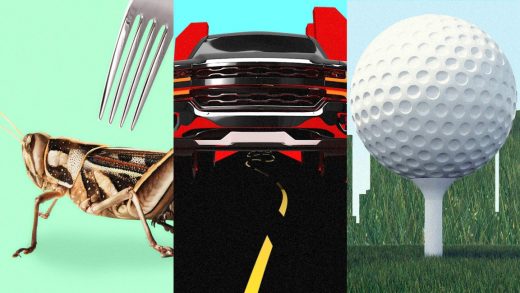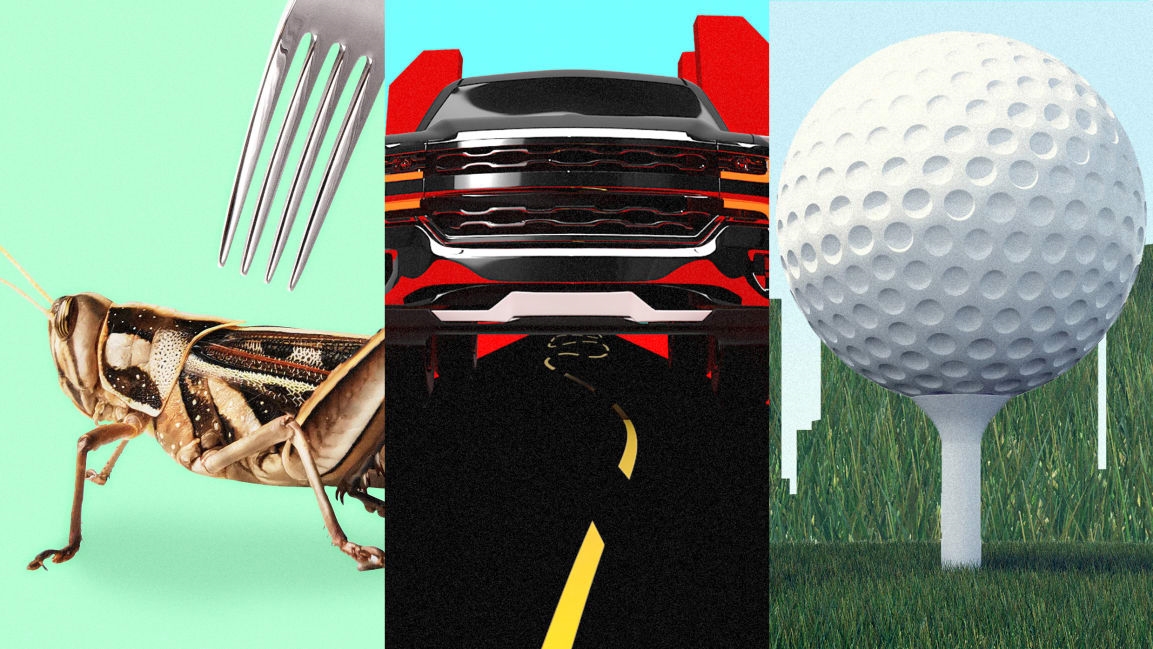10 stories of world-changing innovation that went under the radar in 2019
The year is long, and there’s a lot of content out there. It’s inevitable you’ll miss a few things. But if you have a few extra moments, try giving any of these stories a read. They include some of the most interesting work of Fast Company’s Impact section, yet seemed criminally under-read in the past year. In them you’ll find amazing technological advances, controversial policy proposals, and at least 165,312 screws.
Should we outlaw SUVs?
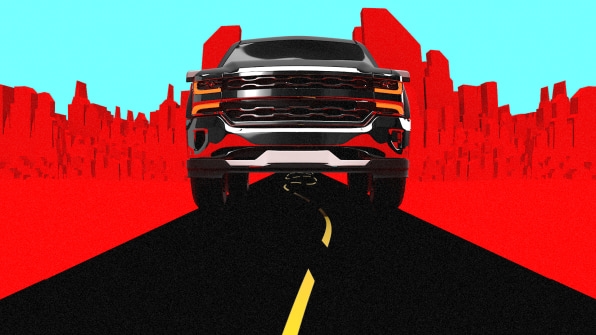
[Source Image: Artie61/Blendswap]
Global SUV ownership is surging, to the point that they’re destroying any emissions gains from those who have switched to electrics. SUVs are also much more likely to kill pedestrians than smaller cars. As cities turn away from car-centric design in general, maybe they should go one step further and simply ban oversize vehicles from their streets entirely?
In this “biorecycling” factory, enzymes perfectly break down plastic so it can be used again
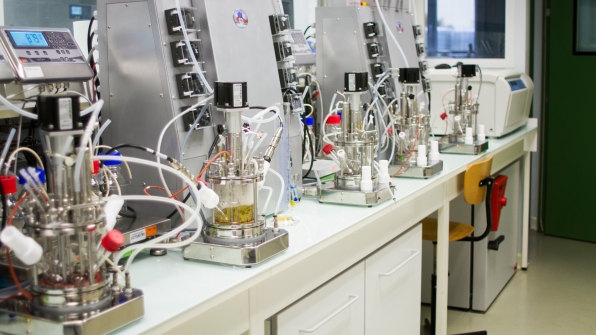
We’re hearing a lot about the dangers of plastic and the problems with our recycling system: that even when it works (and it mostly doesn’t), plastic bottles can only be recycled a few times before the plastic becomes useless. This new factory changes that. In it, enzymes can break plastic down to its building blocks, so it can be used again and again.
Need land for parks and housing? There are plenty of useless golf courses to repurpose

There are simply too many golf courses and not enough golfers: More than 1,200 courses have closed since 2005. And given that decline, perhaps it’s time to close even more—especially the ones in the middle of cities—and do something more valuable with that land. The question then becomes: How do you create compromise between the people who want green space and the people who need affordable housing?
I rode the 300-pound electric tricycle that could be the future of urban deliveries
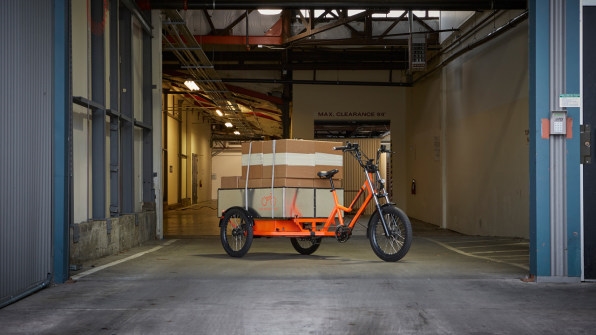
As cities try to eliminate car traffic, one extra wrinkle they face is the modern proliferation of delivery trucks that our e-commerce addictions necessitate. Some cities (most notably Seattle and now New York) are experimenting with delivery by e-bike. We took one of the e-bikes powerful enough to haul cargo out for a ride to see if it could be a replacement for a UPS truck.
WeWork’s founder’s plan to make sure he gives away $1 billion isn’t as meaningful as it looks
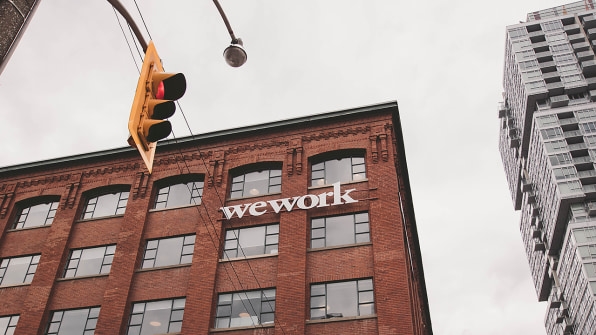
Before the We company collapsed, founder Adam Neumann was still riding high and promising to give away $1 billion of the massive fortune he was about to make from the company’s IPO. And to seal the deal, he tied it to his voting shares of the company: If he didn’t give, he’d lose power. But like all things in the We story, it wasn’t quite what it appeared.
Is eating bugs any morally different than eating cows?
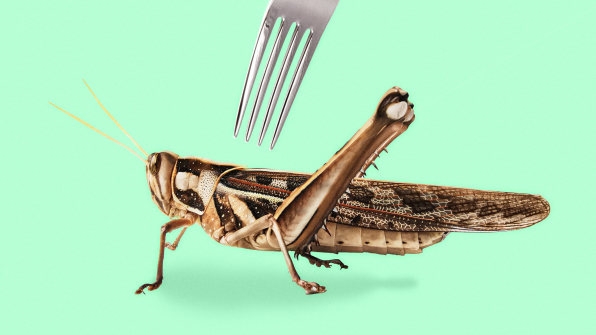
Insects are often touted as a miracle, non-cow source of protein. The environmental footprint to raise them is tiny compared to beef, you can grow a lot of them very quickly in a very small space, and if you’re grossed out by eating a whole cricket, they can be ground into flour and hidden in all sorts of foods. But for people who care about animal welfare, is there really any difference between a bug and a cow?
This Bill Gates-backed solar tech could help finally decarbonize heavy industry
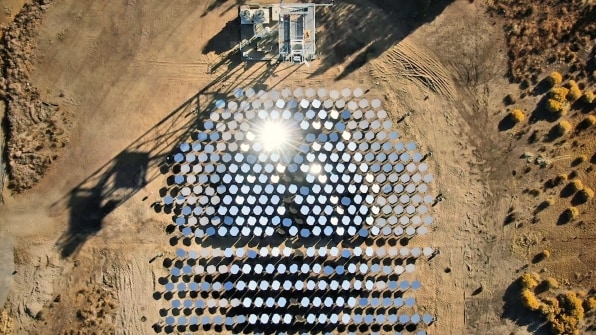
[Photo: courtesy Heliogen]
It’s easy to power an office or a house with solar power, but a huge source of emissions in the world comes from industrial processes, like making steel or cement. Part of the reason for this is that the furnaces these materials require need to be incredibly hot, and it’s impossible to achieve those temperatures without fossil fuels. But not anymore.
How Rihanna’s foundation is rethinking disaster response
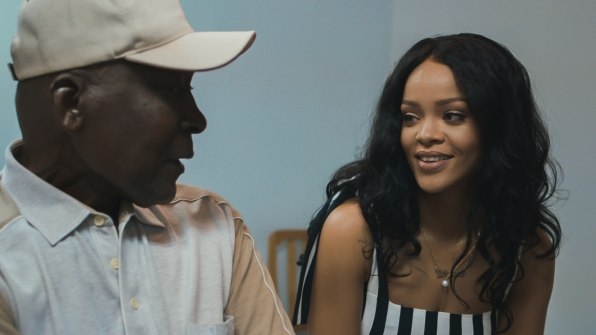
In between her work as a famous recording artist and actor, Rihanna has been quietly running a foundation devoted to disaster recovery. She’s from the Caribbean and has seen first-hand the damage wrought by hurricanes over the past several years. But unlike so many other celebrity disaster organizations that focus on recovery, Rhianna’s project stands out for its effort to build a resilient Caribbean that’s ready to take on the storms that are coming—and getting worse.
Ontario’s basic income was working amazingly well before it got canceled
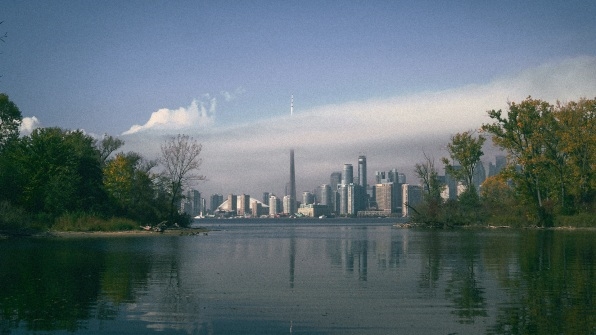
[Photo: Austin Censor/Unsplash]
In 2018, the Canadian province was running a bold experiment: giving no-strings-attached cash to a group of residents and studying the outcome. Sadly, the results were short-lived, as a new government came to power and ended the experiment. But before it did, even the early outcomes (as they have been everywhere a basic income has been tested) were phenomenal.
This office was built with 165,312 screws so it can be disassembled and reused
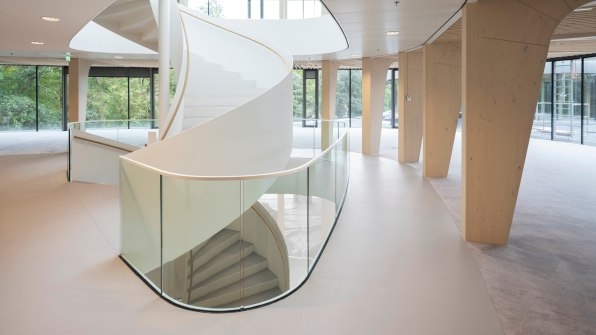
We’re so used to seeing wrecking balls demolish buildings that we maybe don’t pause to think about whether that process could be improved or made more efficient. This Dutch office building, though, was built with that problem in mind. Once it’s time to demolish it, it can be taken apart and broken up into its raw materials again, rather than be smashed to bits, so those parts can be reused. It might just take a while to unscrew all those screws.
(40)

